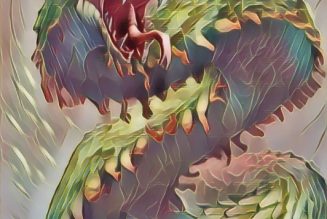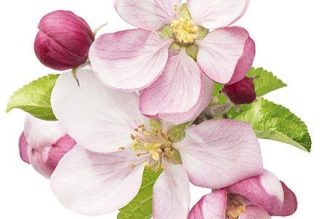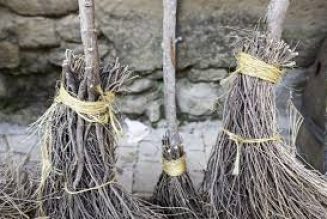Among other things, Divination can be termed as foretelling the future, finding objects and people, and determining guilt by means of information obtained from signs, omens, dreams, visions, and divinatory tools. Divination traditionally is an important skill of the folk witch. In some magickal societies, divination is performed only by special classes of trained priests or priestesses. However, Divination techniques are open to all as an important skill for many Witches and Pagans. Since the earliest times in all known civilizations, people have looked to supernatural sources for help and advice, in personal affairs, and particularly in matters of state. Methods of divination involve either interpretation of natural patterns in the environment or patterns that are formed by the tossing of objects such as sticks, stones, or bones. Information is obtained from the way smoke curls from a fire, the shape of an animal bone, the formation of clouds, and the markings on organs and entrails of sacrificed animals. The ancient Romans favored augury, the interpretation of the flight pattern of birds, and haruspicy, the examination of the livers and entrails of sacrificed animals. The augurs were a special caste of priests who read the signs to deter lines, Dreams have always been an important medium for divining answers to questions, as has scrying. Oracles are persons who enter trance states. Popular in the Middle Ages was the tossing of grain, sand, or peas onto the earth to see what could be read from the patterns. Similarly, the Japanese set out characters of the syllabary in a circle, then scatter rice around them and let a cock pick at the rice. Whatever syllables are nearest the grain picked up by the cock is used to puzzle out messages. As far back as 1000 b.c.e., the Chinese have used the I Ching, an oracle that involves tossing and reading long and short yarrow sticks. Another ancient Chinese divinatory method, which is still in use, is feng-shui, or geomancy, the siting of buildings, tombs, and other physical structures by determining the invisible currents of energy coursing through the earth. Finding the guilty. Throughout history, divination has been used to identify parties guilty of crimes. Despite the true psychic ability no doubt employed by many diviners, it is certain that many innocent people have been punished along with the guilty. In the Pacific Islands, murderers have been identified by examining the marks of a beetle crawling over the grave of a victim. The Lugbara of western Uganda fills small pots with medicines that represent the suspects. The pot that does not boil over when heated reveals the culprit. In other methods, suspects are forced to eat or drink various substances and concoctions, such as the gruesome stew made from the boiled head of an ass. Whoever is unfortunate enough to choke or suffer indigestion—even a rumbling stomach—is guilty by divination. During the witch hunts, witch suspects were bound and thrown in lakes and rivers to see if they would float (guilty) or sink (innocent). If the sinking innocent drowned, that was simply an unfortunate consequence Contemporary divinatory methods. Most Witches have a favored tool in divining that acts as a prompt to intuition and the tuning into psychic forces and vibrations. The divined information comes in a variety of ways, depending on the individual. Some persons “hear” it with the inner ear; others see visual images on their mental screens. Divinatory information also comes through other senses, including taste, smell, and tactile sensations. Popular tools include the Tarot; rune stones; crystals, mirrors, or bowls for scrying; dowsing; and the I Ching. Many Witches also use psychometry, which is the reading of objects or photographs by handling them. Astrology and numerology are often used in conjunction with divination. Some Witches divine by reading auras, the layers of invisible energy that surround all living things. Palmistry, the reading of lines on the hand, and tasseomancy, the reading of tea leaves, are used by some Witches. Divination is both art and skill, and one’s proficiency depends on natural psychic gifts and regular practice. For some, divination comes fairly easily, while others must work harder and longer to attune their psychic faculties. Many Witches feel that the best time to the divine is between midnight and dawn when the psychic currents are supposed to be at their strongest.
An Explanation of Divination
516 views






















